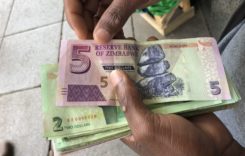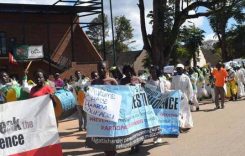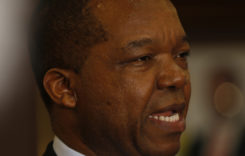Zimbabwean junior doctors have been on strike since 1 March, 2018 over a number of issues. These include remuneration, drug shortages and poor infrastructure, which they say the government is not addressing, according to the doctors’ association. But do the junior doctors really earn $329 as one of the strike placards stated, a figure which has since been widely tweeted?
Researched by ZimFact Correspondent
Claim: Junior doctors are paid $329 a month.
Conclusion: Incorrect
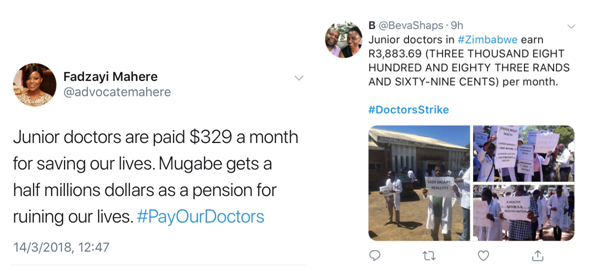
How much do the junior doctors in Zimbabwe earn?
Below is a breakdown of the basic salary and allowances that a junior doctor in Zimbabwe gets;
| Basic Salary | $329 |
| Housing allowance | $250 |
| Transport allowance | $100 |
| Medical allowance | $49 |
| Rural allowance | $15 |
| On call allowance | $1.50 (per hour) |
According to the doctors’ association, doctors have about 160 hours or more on call (overtime) in a month but the government has been paying for less than 80 hours and the housing allowance is only given to doctors who do not have accommodation within the medical institutions that they work in.
Conclusion: INCORRECT
While junior doctors earn a minimum basic salary of $329, they are paid allowances which take their monthly earnings above the stated $329. The above table provides a breakdown of junior doctors’ remuneration packages.
Who is a Junior Doctor in Zimbabwe?
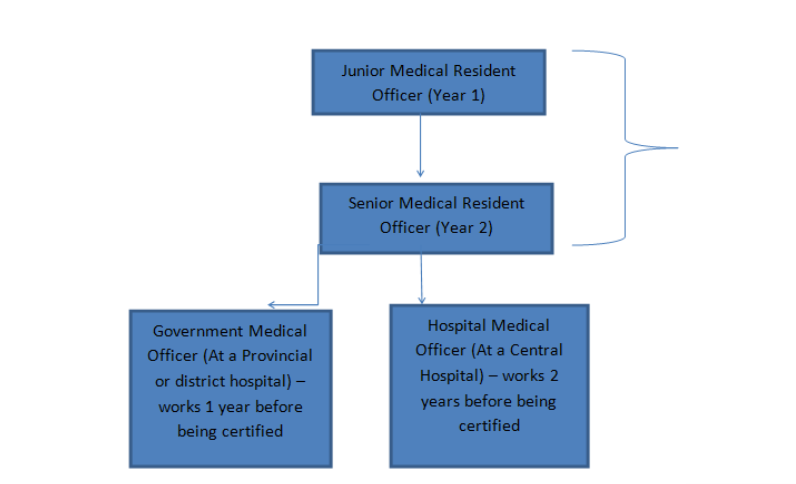 Organogram showing the stages which doctors in Zimbabwe go through up to the stage where they are legible to obtain an open practicing certificate.
Organogram showing the stages which doctors in Zimbabwe go through up to the stage where they are legible to obtain an open practicing certificate.
Permanent Secretary in the Ministry of Health and Child Care Dr. Gerald Gwinji says a Junior Medical Resident Officer (JRMO) and a Senior Resident Medical Officer (SRMO) fall in the lowest rank of the doctors’ category.
JRMO AND SRMO are often referred to as interns or housemen,… “it basically means they are people who are still on training, they would have completed their basic degree but will still be going under a lot of tutorship under leadership of more senior doctors,” says Gwinji.
According to Gwinji, after completion of the 2 year internship, one then moves a step further into being a Hospital Medical Officer at a central hospital or a General Medical Officer at a provincial or district hospital.
“During the two years of internship, the junior doctors rotate through the various specialties and sub-specialties which include medicine, surgery, pediatrics, obstetrics, gynecology, anesthetics, psychiatry to have in depth learning in those specific areas,” says Gwinji.
Depending with the path one choses after internship, one has to spend one or two more years to obtain a practicing certificate.
“If one chooses to be a government medical officer who works in a provincial or district hospital, they acquire their practicing certificate after one year because they are working independently and learn their administration faster,” he says.
If one chooses to be at a central hospital, they acquire their practicing certificate after two years of service because it takes longer to learn because the team is bigger and there is a whole layer of people above.
*Article updated on 23 March, 2018.
Do you want to use our content? Click Here






